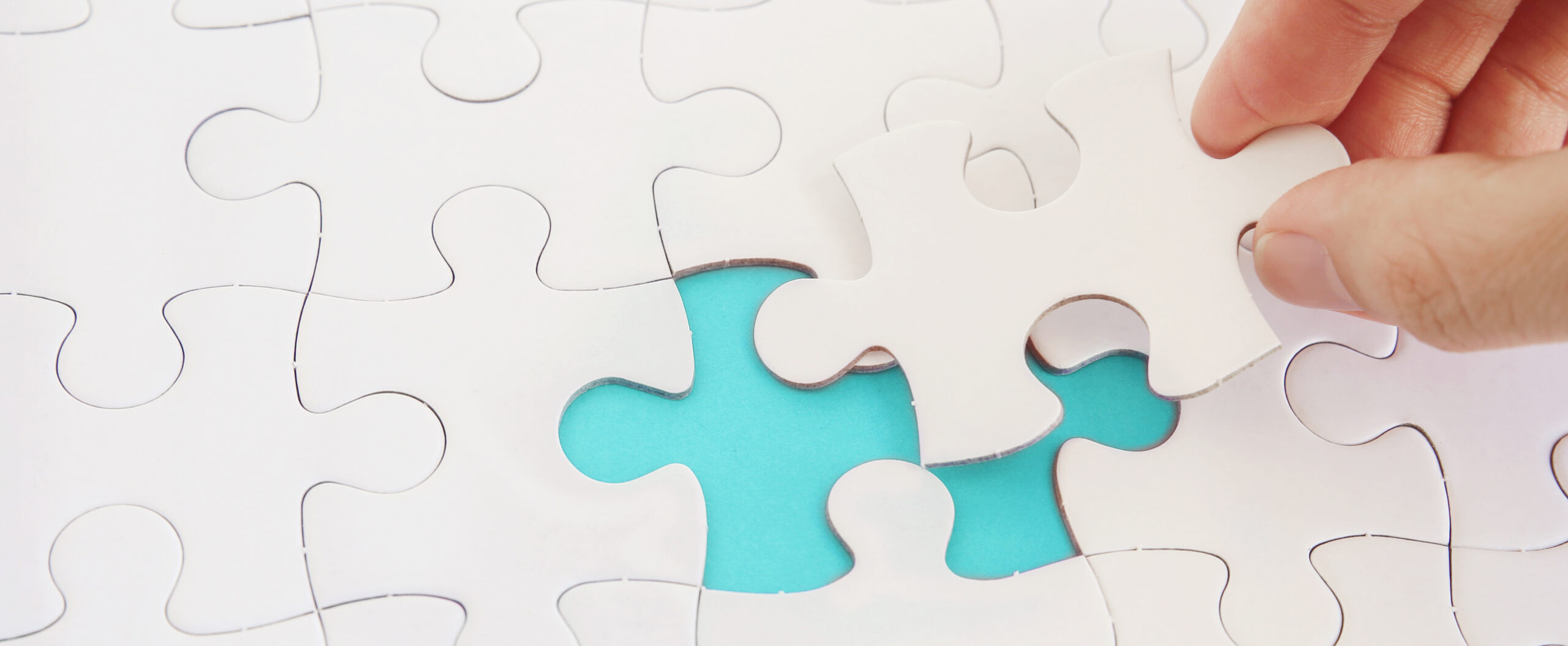Why Everyone Seems Fake Now
Why does it feel like everyone around us is fake these days? It’s a question many people ask, and the answer isn’t simple. But there are some clear reasons why this feeling has become so common.
First, social media plays a huge role. Online platforms encourage people to show only the best parts of their lives or to act in ways that get likes and followers. This often means putting on a mask—sharing things that might not be true or hiding real feelings just to fit in or look good. When everyone is doing this, it creates an environment where genuine behavior feels rare.
Another reason is how easy it has become to spread misinformation and fake news. People often believe what they see online without checking if it’s true because repeated stories feel more believable even if they’re false. This makes trust harder because you never know if what someone says is real or just something they’ve heard again and again without proof.
Also, emotions play a big part in why we think others are fake. When people post emotional content designed to get reactions, it can make interactions feel less honest and more like performances aimed at getting attention rather than sharing real thoughts.
On top of that, there’s the pressure to belong somewhere—whether in friend groups, workplaces, or communities—which sometimes pushes people to act differently from who they really are just so they don’t stand out or get rejected.
All these factors combined create a world where sincerity feels lost amid filters, curated posts, repeated lies disguised as facts, and social pressures. It’s not necessarily that everyone wants to be fake; sometimes it’s about survival in an environment that rewards appearances over authenticity.
So when you wonder why everyone seems fake now—it’s partly because the tools we use every day encourage us all to put on masks for acceptance and attention while making truth harder to find amidst noise and emotion-driven content.





